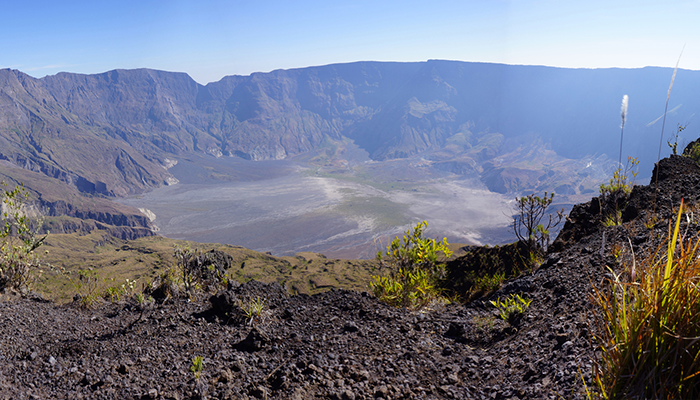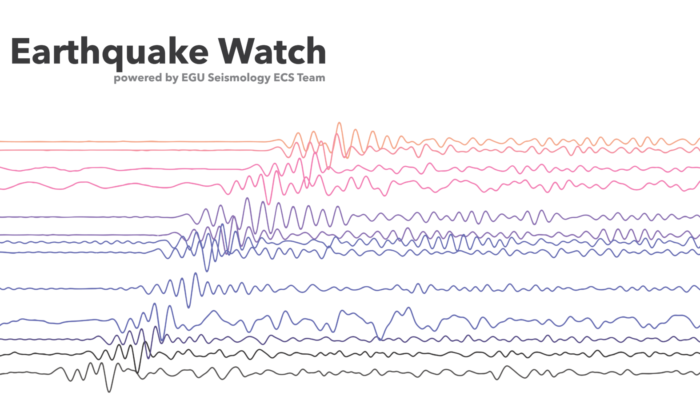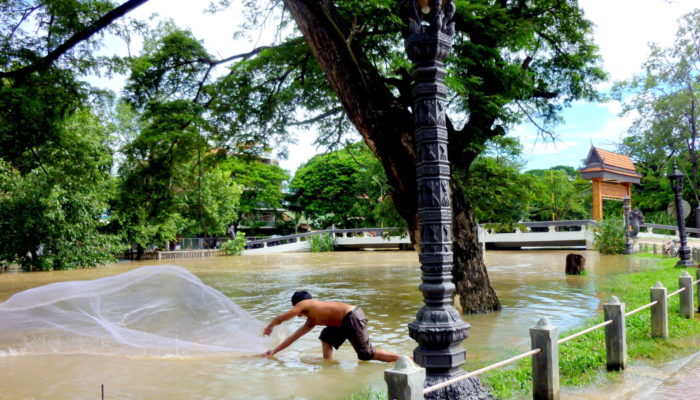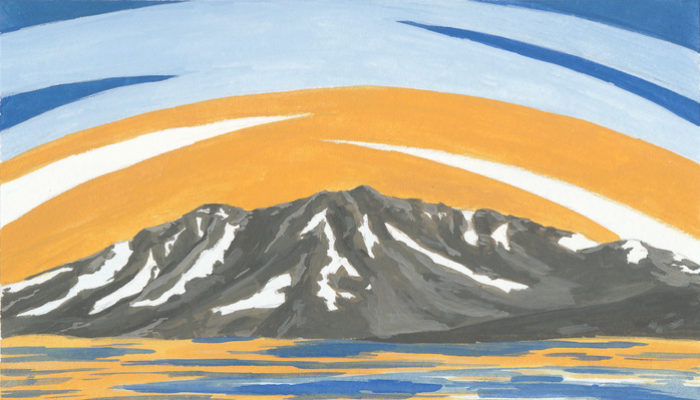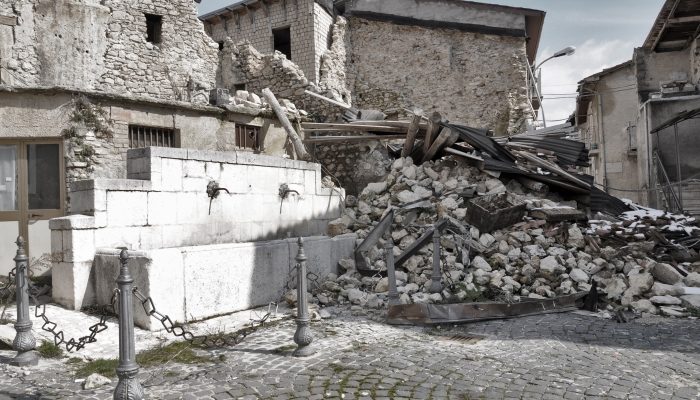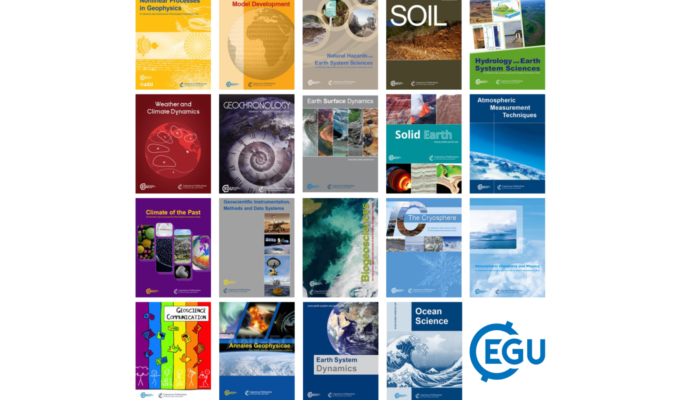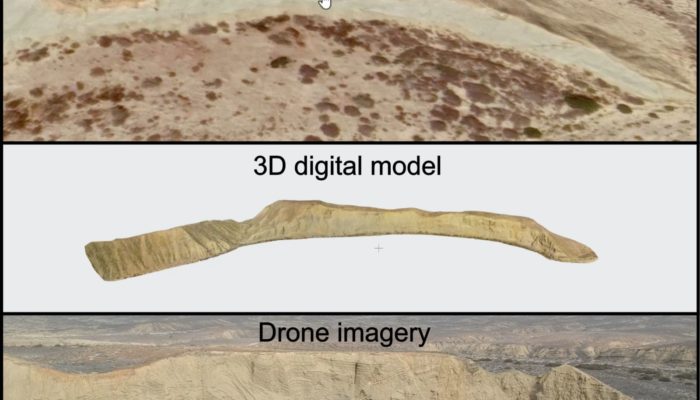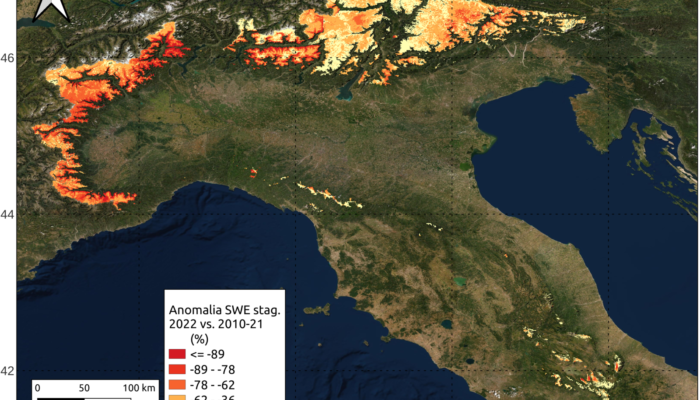In this post, I will talk about two famous characters of the climate system; I will define them and see how they have changed in the current context of climate change. I will also show you how these two characters interact, one influencing the other, and vice versa. Finally, let’s see how the future looks like for them and the consequences for the global climate. I hope you will enjoy this story. ...[Read More]
If you didn't find what you was looking for try searching again.
Geochemistry, Mineralogy, Petrology & Volcanology
Tambora 1815: From eruptive dynamics to the global impact of the eruption – with Jessica Kandlbauer
reading time: 10 minutes The Tambora 1815 eruption: a brief introduction On April 10th, 1815, the Tambora volcano, located on the island of Sumbawa in Indonesia, was responsible for one of the largest eruptions in the last millennium (Stothers, 1984; Sigurdsson and Carey, 1989; Oppenheimer, 2003; Self et al., 2004; Kandlbauer et al., 2013a; Kandlbauer and Sparks, 2014). The eruption had a devastat ...[Read More]
Seismology
Earthquake Watch: The Coalcomán, Mexico – September, 2022
Dr. F. Ramón Zúñiga, from the Centro de Geociencias, Universidad Nacional Autónoma de Mexico, outlines the 19 September 2022 Mw7.7 Coalcomán, Mexico earthquake for the last Earthquake Watch of the year. On September 19th, barely one hour after the national drill commemorating the damaging earthquakes of September 19th, in 1985 and 2017, another strong earthquake was widely felt in Mexico. It cause ...[Read More]
Atmospheric Sciences
Nitrogen dioxide disparities in the time of COVID-19: How satellite data can facilitate environmental justice studies during this natural experiment and beyond
Around the world, the most vulnerable, marginalized, and racialized are disproportionately impacted by a variety of environmental stressors such as extreme heat, health-harming air pollution, and the growing impacts of climate change. In the United States, research has uncovered how Black and Brown communities and those with lower socioeconomic status are exposed to higher concentrations of many a ...[Read More]
GeoLog
When race and natural hazards intersect: three geoscientists share their experiences
Around the world, the month of October is observed as Black History Month and includes the International Day for Disaster Reduction. While both these observances are significant in their own right, it gave EGU the opportunity to hear from geoscientists of Black, Indigenous, and People of Colour (BIPOC) communities about the many ways that race and natural hazards are linked: does one affect the ot ...[Read More]
Geodynamics
Unravelling the geological past of the Sierra del Nevado, in South Andes, Argentina
Have you ever wondered to learn more about the geological setting of the Nevado volcano in Central-West Argentina? In this week’s blog, we have Georgina Rubiano Lorenzoni, a Ph.D. Geologist student from the Universidad Nacional de La Pampa in Argentina, who will guide us through her thesis aims, which are the identification and investigation of the petrogenesis and geochronology of the mountain ra ...[Read More]
Natural Hazards
Let’s begin the recovery before the disaster
Every natural event that causes damage to the built environment must be followed by recovery; however, this phase of disaster risk management has received less attention from academics than the others [1]. In all its aspects, disaster recovery has remained a contentious topic, with experts debating its definition, approaches, objectives, activities, and even when it should begin and finish [2–4]. ...[Read More]
GeoLog
GeoRoundup: the highlights of EGU Journals published during September!
Each month we feature specific Divisions of EGU and during the monthly GeoRoundup we put the journals that publish science from those Divisions at the top of the Highlights roundup. For September, however, all the EGU Divisions are in the spotlight as we celebrate EGU’s 20 year anniversary. So read on to discover the papers published this month, and while you’re at it – join us i ...[Read More]
Stratigraphy, Sedimentology and Palaeontology
The digitalization of sedimentary outcrops
From sketches to first photos Knowledge of geology and, in particular of sedimentology, has successfully been transferred and shared for hundreds of years through sketches. Like a botanist or zoologist, a geologist is able to record data from the field with just a paper and a pencil in the form of drawings (see one of the earliest published sketches of an outcrop in Figure 1). Geological maps and ...[Read More]
Cryospheric Sciences
Why the 2022 Italian snow drought matters to you
June 2022: I was discussing the ongoing drought with my family over lunch, when my dad pointed to me and summarized things as follows: “You know, less snow in winter means less water in summer!” I almost choked … what? Not only was it the first time I realized my family had been listening to my scientific anecdotes for years, but I also had concrete evidence now that snow was entering public ...[Read More]


